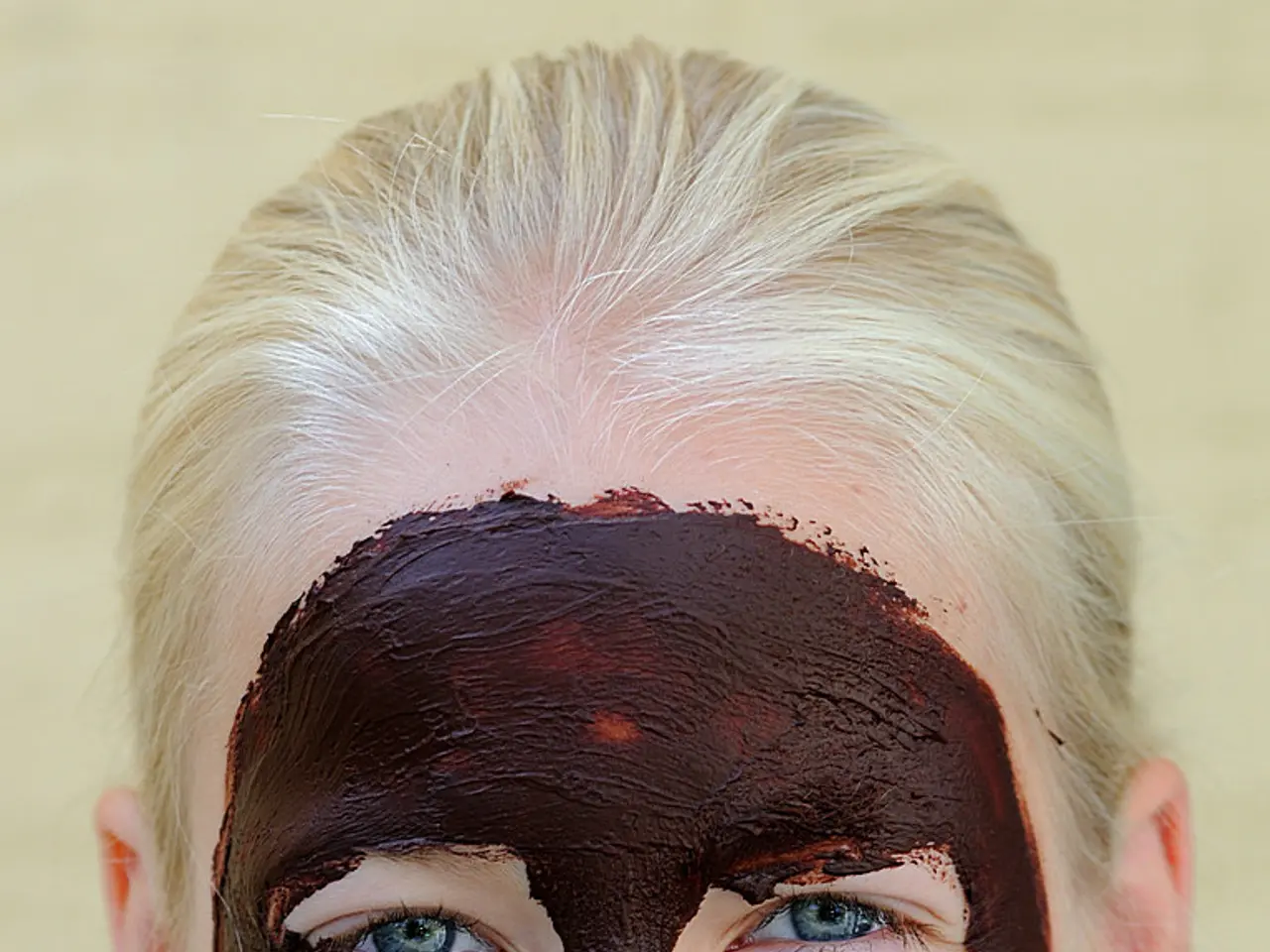Management of Hyperpigmentation on Darker Skin Tones Following an Eczema Outbreak
More severe, chronic cases of eczema can be challenging to treat, particularly for people of color, who may experience more severe and persistent eczema. A common consequence of eczema flares in people of color is post-inflammatory pigmentation changes, which can be distressing for many patients.
Nearly 32 million Americans live with eczema, a group of inflammatory conditions that often cause itchy, scaly skin. Post-inflammatory hyperpigmentation (PIH) and hypopigmentation are common pigmentary changes seen in eczema patients, especially in people of color, due to the inflammation and skin barrier disruption caused by eczema flares.
### Common Causes
PIH occurs when inflammation triggers excess melanin production or uneven melanin distribution in the skin after an eczema flare resolves. In darker skin types, the melanocytes are more reactive, making PIH more common and often more intense in people of color. Post-inflammatory hypopigmentation, on the other hand, occurs when the inflammation damages melanocytes or disrupts pigment production, causing lighter patches of skin after a flare.
Triggers for eczema flares include environmental factors, stress, and immune dysfunction.
### Treatment Approaches
For Hyperpigmentation (PIH):
Topical agents such as hydroquinone, azelaic acid, kojic acid, Vitamin C, and retinoids can be used to reduce pigmentation and brighten skin. Professional treatments like chemical peels and laser therapies may also be considered for stubborn pigmentation resistant to topical treatments. Sun protection is crucial, as UV exposure worsens pigmentation and delays healing. A consistent skincare routine that involves gentle cleansing, regular moisturization, and avoiding irritants can prevent new flares and secondary pigmentation changes.
For Hypopigmentation:
Hypopigmentation treatment is more challenging and usually involves prevention by controlling eczema inflammation effectively. Managing and reducing eczema flares with appropriate topical corticosteroids, calcineurin inhibitors, or systemic therapies for severe cases can help prevent further melanocyte damage. Some improvement may occur over time as melanocytes recover, but in persistent cases, dermatologic consultation is advised.
### Case Study: Rakhi Roy Chowdhury
Rakhi Roy Chowdhury, a Florida resident and a registered dietitian nutritionist (RDN, LDN), has had eczema since infancy. She has experienced patches of hyperpigmentation, where her skin is noticeably darker and ashy. Scratching can exacerbate the issue of pigment changes in eczema patients, particularly when eczema is left untreated for a long time. Rakhi is currently in an experimental phase to find a solution to return her pigment to its pre-eczema state.
### Preventing Misdiagnosis
Unfortunately, skin conditions of people of color are misdiagnosed more frequently than those of white patients, which can lead to prolonged periods of untreated eczema and increased risk of pigment changes. Dermatologist Dara Spearman emphasises the importance of proper diagnosis and treatment, stating that eczema can cause periods of flares and clearance.
In conclusion, effective management of pigmentation changes in eczema involves controlling eczema flares, using targeted topical agents, considering professional treatments when needed, strict sun protection, and consulting a dermatologist for personalized care, especially with hypopigmentation or severe pigment changes.
- Science has revealed that post-inflammatory hyperpigmentation (PIH) and hypopigmentation are common in eczema patients, particularly in people of color, due to the increased reactivity of melanocytes in darker skin types.
- In the realm of health and wellness, mental health is equally important, as stress can trigger eczema flares, exacerbating medical-conditions like chronic diseases and skin-care issues such as PIH.
- Chronic cases of eczema, especially in people of color, can persist despite treatment, leading to mental-health concerns due to the distress caused by pigmentation changes and the potential for misdiagnosis.




